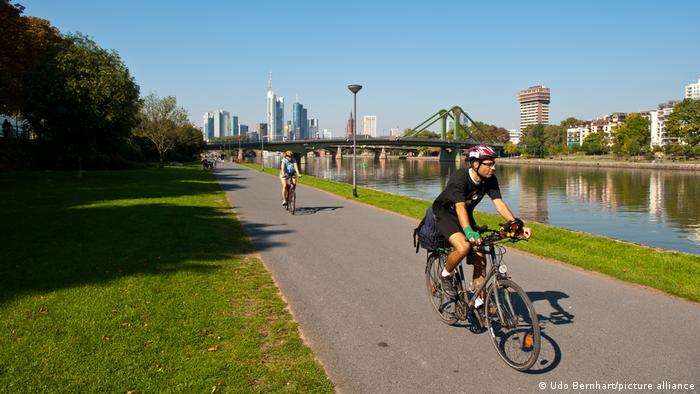BRITS have been urged to renew their passports now, with huge delays possible next year.
A million more applications than normal are expected to be made in the first half of 2023, so those who need to renew later in the year could be caught in backlogs.
Speaking to MPs on Monday, the Permanent Secretary at the Home Office Matthew Rycroft, said they would “need to be ready for next year to be even busier than this year”;; when it came to passport renewals.
This year was one of the busiest for passport renewals, with the National Audit Office claiming that 360,000 people had to wait longer than 10 weeks for their passports in the first nine months of this year.
Matthew Rycroft added: “Now would be a very good time for anybody listening [to renew their passports]”;; and warned that there could be “an extra million”;; applications than normal in only the first half of next year.
Thomas Greig, director of passports at HMPO told i: “The shape of passport demand used to be very, very predictable.
“But what we’ve seen over the pandemic is that people that would normally renew their passport will only now renew them when there’s reason to do so, and that’s right before the summer.
“So if you look at our demand profile for next year it’s much more... front-loaded towards the first couple of months.”;;
Demand was at an all-time high in the summer with more than five million people delaying their applications during the pandemic when no one was travelling.
And as holidays abroad ramped up, with restrictions being scrapped, millions started trying to apply, causing delays of up to ten weeks.
Director General of HM Passport Office, Abi Tierney, said in the summer: “Now that international travel has resumed, we know people will be looking at going away on holiday and yet many people are leaving applying for a passport too late.
“If you need a new passport, we urge you to apply now.”;;
That message appears to be more or less the same now, with the extra demand expected to lead to further delays.
New rules were introduced after the UK left the EU regarding how many months are needed to be on a passport to be able to travel, meaning some people may need to renew sooner than they think.
Previously, Brits just needed to have a passport that was in date to be able to travel to countries across Europe, but new rules are now in place.
The government website confirms that Brits need to have at least three months left on their passport to be able to travel to an EU country, stating it must be “valid for at least 3 months after the day you plan to leave (check the ‘expiry date’)”;;.
The backlog in the summer resulted in some people having to get creative to try and improve their chances of getting their passport in time.
While there are both premium and fast-track options available to speed up the process, for a fee, both have a limited capacity and require an appointment at a passport centre.
Anyone trying to book one of those appointments online in the summer was regularly told there were none “due to high demand”;;.
Data scientist Dr Michael Hodge came up with a smart way to help beat the queues and get passports sooner than others.
He has created a bot that refreshes the passport appointment website every 60 seconds before sending an alert out on Twitter when new appointments have been made available.
With new appointments released daily, at a random time, booking a slot used to mean a long day refreshing the website.
However, Dr Hodge’s bot, which can be found @ukpassportcheck, means that, as soon as new appointments are available, you can find out.
Meanwhile, Brits face holiday queues this winter with border force queues threatening to cause airport chaos.
There could be even worse queues at airports next summer too.




